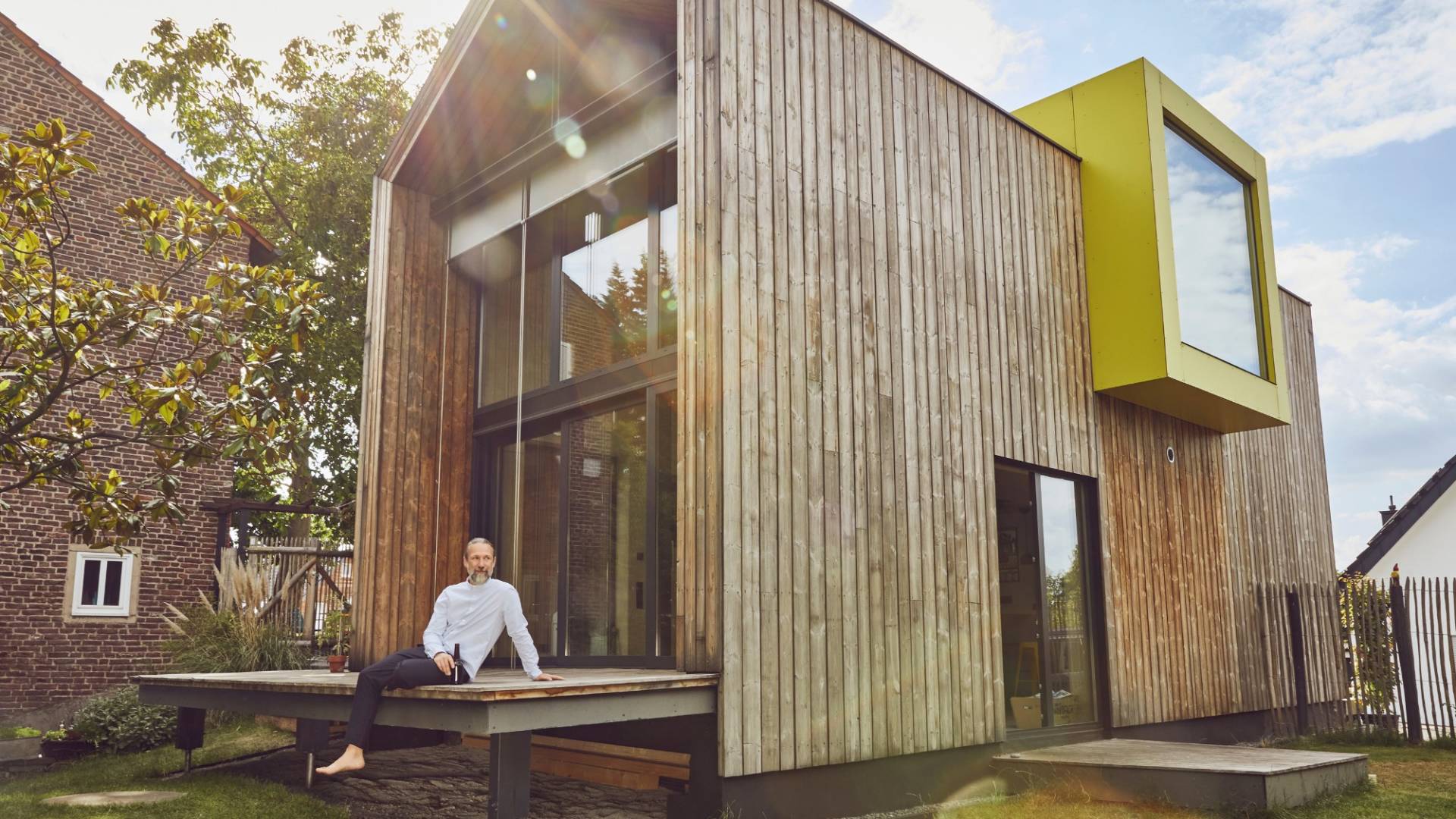We use cookies to make its website more user-friendly, secure and effective. Cookies collect information about the use of websites. Further information: Information on data protection

Taking over an existing mortgage.
Why should you take over a mortgage?
If you’re selling your property and buying a new one at the same time, you might be able to take the mortgage – even if it’s a fixed-rate mortgage – with you and transfer it to the new property. The lender’s assessment of the value of the new property is decisive for this. If no replacement property is being purchased, it is possible for the buyer to take over the mortgage. This has the advantage of the seller sparing themselves any exit compensation to the lender (referred to as an early repayment fee) and allowing the buyer to obtain attractive interest rates and terms or, depending on the agreement with the seller, to benefit from a reduced sale price (reduction equivalent to the early repayment fee).
What do you need to consider when taking over a mortgage?
It is important to check whether the existing interest rates and conditions are advantageous to you or whether a new mortgage on current terms would make more sense. Check with the bank whether you can take over the mortgage and which requirements have to be fulfilled. You should also be aware of liability and risks, as you will be responsible for all obligations of the mortgage. You should also check whether you will incur any fees when you take it over.
When is it worth taking over a mortgage?
Taking over a mortgage is only worthwhile if the existing interest rates and terms are advantageous to you and the remaining term of the mortgage suits you. If market interest rates are higher than the mortgage interest rates of the existing mortgage, you as a buyer would be well advised to take on the mortgage, as you will gain from this. This added value can also be incorporated into the negotiations.
When children take over their parents’ house and mortgage.
If children take over their parents’ house and mortgage, they should carefully check the existing terms. The bank must agree and adjustments to the interest rate or term may be necessary. In future, the children will also be responsible for the mortgage and any additional costs.
Right of residence or usufruct: what’s the better option?
If the parents want to stay in the property for the rest of their lives, right of residence is a good option. Parents are thus exempted from all obligations and only have to pay tax on the imputed rental value. The children pay the mortgage interest, maintenance costs and ancillary costs.
In the case of usufruct, on the other hand, the parents retain almost unrestricted control of the property. They are allowed to sublet the property and keep the rental income. However, they still have to pay taxes, ancillary costs, mortgage interest and insurance. Nevertheless, in the case of usufruct, the children are responsible to the mortgage lender and their financial situation is assessed. If the parents are no longer able to pay the mortgage interest, it must be borne by the children.












